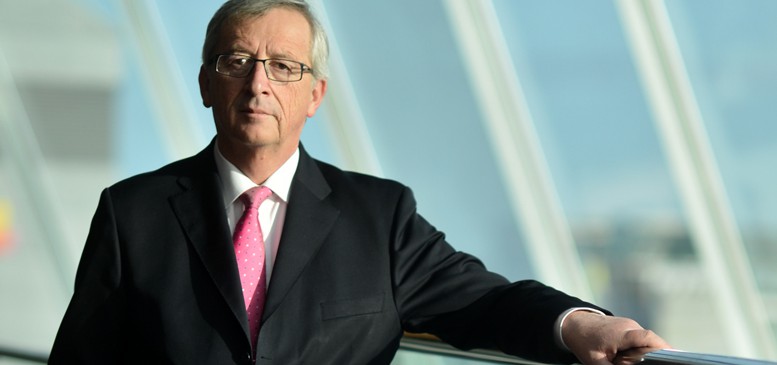There already existed an EU instrument to address economic depression through increased public and private investment. The European Investment Fund (EIF) was created in 1994 to finance SMEs without lending directly, but rather providing money through banks and other institutions.
The EIF could issue bonds, something that the new Juncker Strategic Fund cannot. The Fund will have to gain Member States permission after engaging in wearisome negotiations. Although EIF bonds do not draw on national debt, Holland raised a thorny issue in his assertions.
“The EIF already exists but its current statutes to issue bonds has been blocked by Germany, but you [Juncker] could use enhanced cooperation to get a resolution on general economic policy through the European Council”, Holland stated.
Enhanced cooperation allows Member States to continue working closely together within EU rules. Holland asked EC President, Jean-Claude Juncker, to pursue such a strategy when designing new investments. Instead, Juncker launched his Strategic Investment Funds with a focus on public-private-partnership.
Ricardo Cabral, an economics professor in Portugal, believes there is a lack of capital available at the EIB and, therefore, the Commission was forced to build the structure in this way.
“We have imbalances between member countries which are very large and require explicit or implicit fiscal transfers of at least 3% GDP for affected countries” Cabral explained, pointing out another problem which needs addressing.
Cabral understands the political constraints mitigating against the use of more EU funds or public money to resolve the lack of demand on the continent. He believes the money in the Juncker Plan will not be sufficient to resolve the current economic situation. Holland’s view is even harsher.
“There is absolutely no room in the Eurogroup, Ecofin doesn’t count. The Eurogroup is dominated by Schäuble and he will not agree to any recovery measures on the agenda”, added Holland, who believes that current austerity policies “should be challenged by France and Italy”.






Be the first to comment on "“Eurogroup is dominated by Schäuble and he will not agree to any recovery measures”"